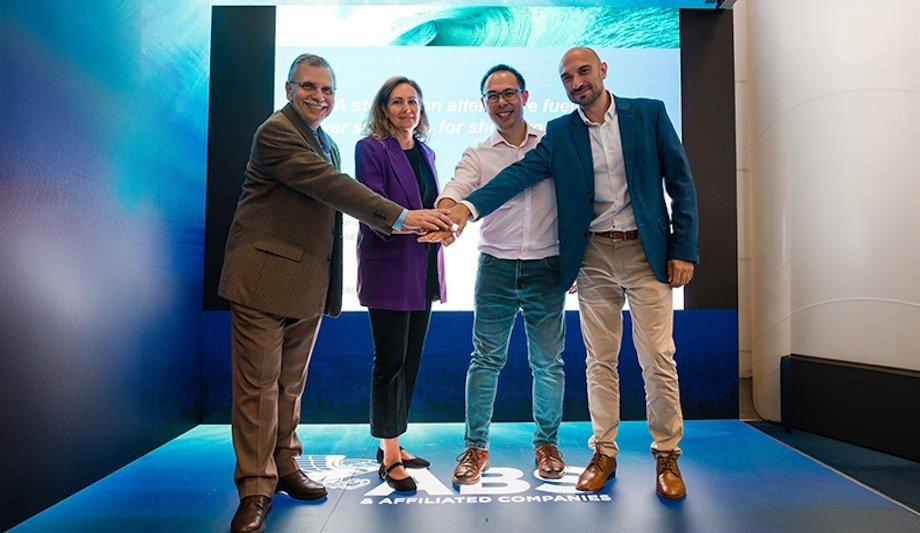A 360-degree analysis of hydrogen as a marine fuel and wind-assisted propulsion are the latest in a series of reports studying alternative fuels and decarbonisation technologies for the European Maritime Safety Agency (EMSA) delivered by an ABS-led consortium, including CE Delft and Arcsilea.
EMSA is committed to supporting the European Commission, the Member States, the shipping sector and European ports in the transition to carbon-neutral shipping. In this context, EMSA has launched a call for a series of publications to give a thorough and neutral view on the most promising alternative fuels or technologies that could replace fossil fuels in the coming years in order to reach the objectives of the Paris Agreement.
Greenhouse gas impact
Reports examined hydrogen and wind propulsion’s greenhouse gas impact, sustainability and scalability
Presented at the 2024 SMM in Hamburg, the reports examined hydrogen and wind propulsion’s greenhouse gas impact, sustainability, availability, scalability, techno-economic aspects, regulations, risk and safety.
“ABS is proud to lead the consortium that has delivered this industry-pioneering research. This study is the product of many months of intense activity with our consortium partners and EMSA that ultimately provides a comprehensive insight into the potential of hydrogen and wind-assisted propulsion,” said Panos Koutsourakis, ABS Vice President, Global Sustainability.
Requirements for GHG emissions
“This project gave us the opportunity to analyse important options that will allow the sector to comply with upcoming regulatory requirements for GHG emissions. By providing a consistent analysis of the different options with regards to their suitability, availability, sustainability, and cost implications, we wanted to provide the sector with useful information for their decision-making process,” said Dagmar Nelissen, Manager Shipping at CE Delft.
“Each study has provided fresh insights and perspectives on these promising technologies, particularly in the area of safety, regulatory gaps and implementation issues, and we are delighted to contribute to this important work,” said Edwin Pang, Founder of Arcsilea.
Long-term study
The multi-year project is tasked to deliver a total of six reports, the first of which focused on biofuels and ammonia. The final two reports are underway and will examine synthetic fuels and nuclear power for shipping. Publication is expected within the year.
In addition, ABS is also working with EMSA, the National Technical University of Athens (NTUA) and Fundación Valenciaport on a long-term study focused on the safety of ammonia as a marine fuel.
